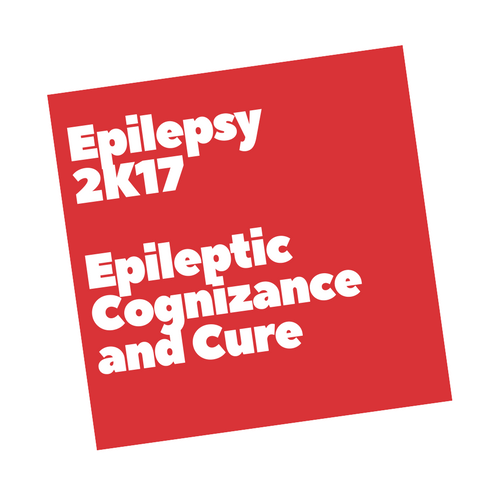Elizabeth de Lange
Leiden University, Netherlands
Title: Pharmacoresistance is not associated with changes in P-gp expression at the level of the blood-brain barrier
Biography
Biography: Elizabeth de Lange
Abstract
Increased expression of P-glycoprotein (P-gp) at the blood-brain barrier (BBB) in pharmacoresistant epilepsy has been reported. It is thought to cause insufficient antiepileptic drug brain concentrations, and thereby decreased seizure control. However, the question remains how BBB P-gp expression changes with time, and if it is a reliable indicator for changes in BBB P-gp function. In rats, the relationship between P-gp expression (ex-vivo by immunohistochemistry) and function (BBB transport of quinidine, with or without P-gp inhibition by tariquidar) was determined up to 3-5 weeks following kainate induced Status Epilepticus (SE). SE was induced by intraperitoneal injections (IP, group A) or unilateral intrahippocampal injection (IH, group B). In addition, IH injection was followed by in vivo bilateral hippocampal microdialysis experiments (IH, group C). Following SE, for all groups, an initial increase in P-gp expression was followed by a subsequent decline. Group C showed a lack of relation between BBB P-gp expression and BBB P-gp function in individual rats.In conclusion, there is no relationship between BBB specific P-gp expression and function, and pharmacoresistant epilepsy is related to temporal changes in BBB P-gp expression, but is not related to changes in BBB p-gp function, but merely at the brain parenchymal cell level.

